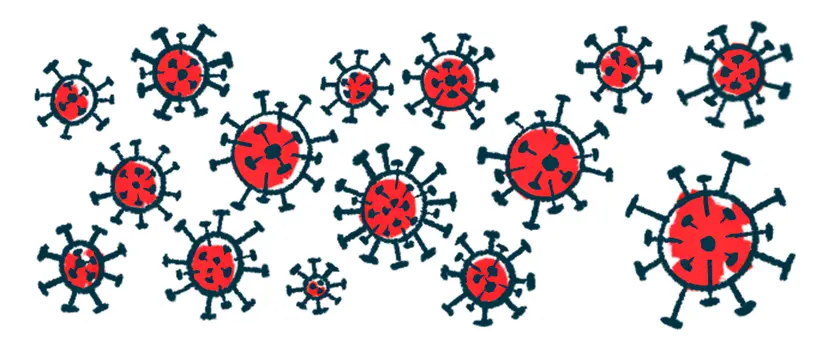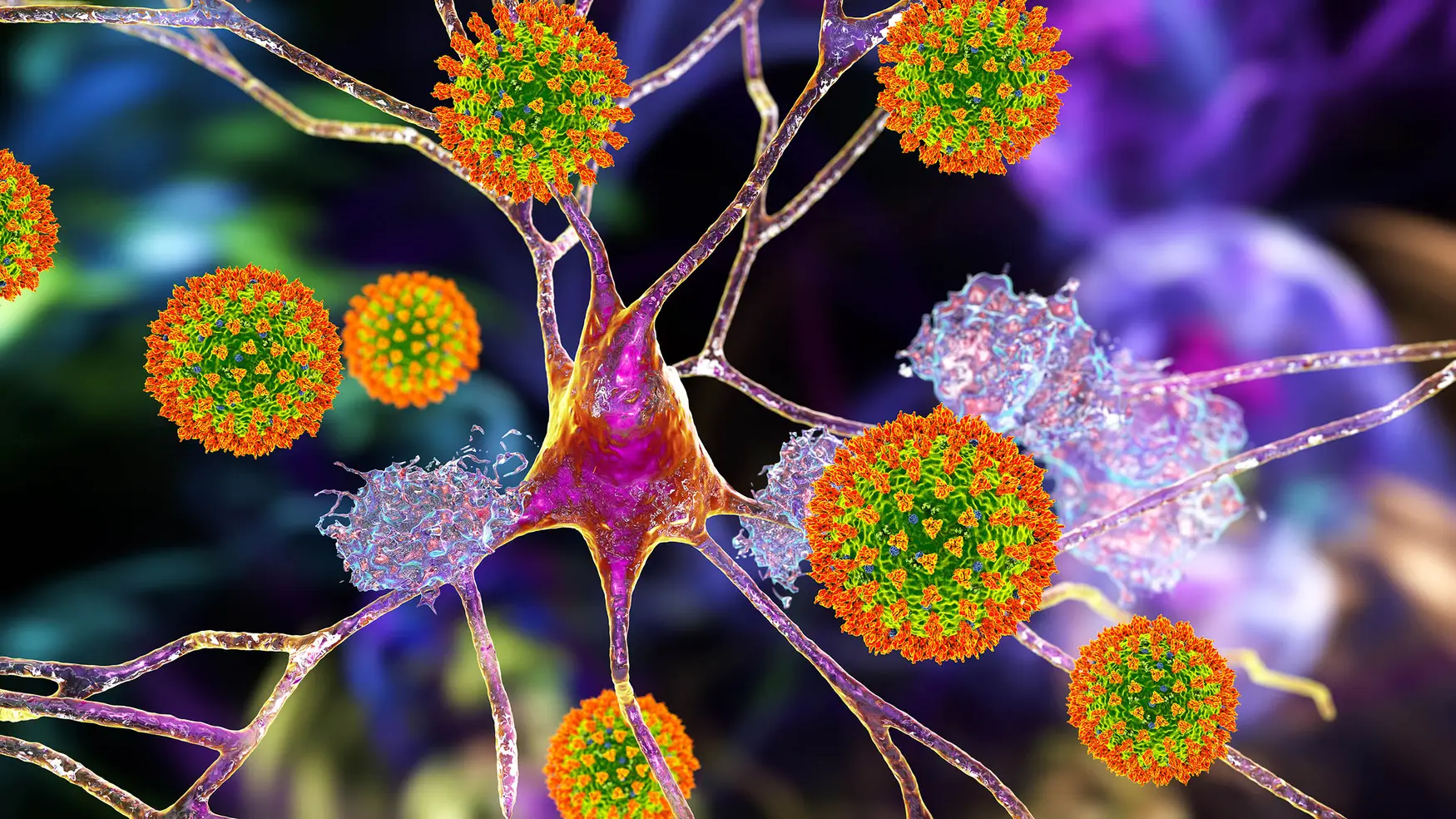T4K3.news
Study reveals gender gap in MS treatments
New research shows women aged 18-40 are less likely to receive disease-modifying therapies than men.

A new study reveals that women with multiple sclerosis are less likely to receive critical therapies than men.
Significant gender disparity found in disease-modifying therapies for MS
A recent study from France indicates that women aged 18 to 40 with multiple sclerosis are significantly less likely than their male counterparts to receive disease-modifying therapies (DMTs). This research, focusing on patients diagnosed with relapsing-remitting MS, highlights a persistent ‘sex-related gap’ in access to effective treatments. The study analyzed health records of over 22,000 patients, revealing that only 60.2% of women received DMTs over the observed period compared to 61.3% for men, with women being 20% less likely to receive highly effective therapies. Experts stress the importance of educating both clinicians and patients on the safe use of these therapies, especially in relation to pregnancy, as this disparity could lead to worse long-term outcomes for women.
Key Takeaways
"This loss of chance is not acceptable anymore as there are drugs that are compatible with pregnancy."
Sandra Vukusic emphasizes the need for equitable access to treatment for women during childbearing years, stressing the role of DMTs in managing MS effectively.
"We found that women were less likely to be treated with a disease-modifying drug than men with the same level of disease severity."
Sandra Vukusic outlines the study's core discovery regarding treatment differences between genders in MS care.
The findings underline a glaring gap in the treatment of multiple sclerosis, particularly for women. Given that women are generally at higher risk for MS and usually face unique challenges regarding treatment during their childbearing years, the need for awareness and education cannot be overstated. Sandra Vukusic, one of the study's authors, stresses that withholding effective therapies undermines women's health. As treatment protocols evolve, understanding the implications of these therapies in pregnancy becomes essential. A proactive approach is required to eliminate this disparity and ensure that all patients benefit equally from the advances in MS treatments.
Highlights
- Women deserve equal access to effective MS treatments.
- A significant gender gap impacts MS treatment options.
- Understanding DMTs during pregnancy is vital for women's health.
- Delaying treatment can worsen outcomes for women with MS.
Concerns over treatment inequality for MS
The disparity in accessing disease-modifying therapies raises serious implications for women's long-term health outcomes. Ensuring equity in treatment options is critical to preventing disability.
Addressing this disparity in treatment is essential for the future health of women with MS.
Enjoyed this? Let your friends know!
Related News

Early signs of multiple sclerosis identified in new research

New study links cold sore virus to multiple sclerosis

Study finds pandemic stress hastened brain aging

Study Reveals Size Gaps in Ancient Human Ancestors

MS patients increasingly use diet to manage symptoms

Mother fights to save her daughter from mental illness

New mastectomy guidelines proposed

Raising awareness of heart valve disease in women
